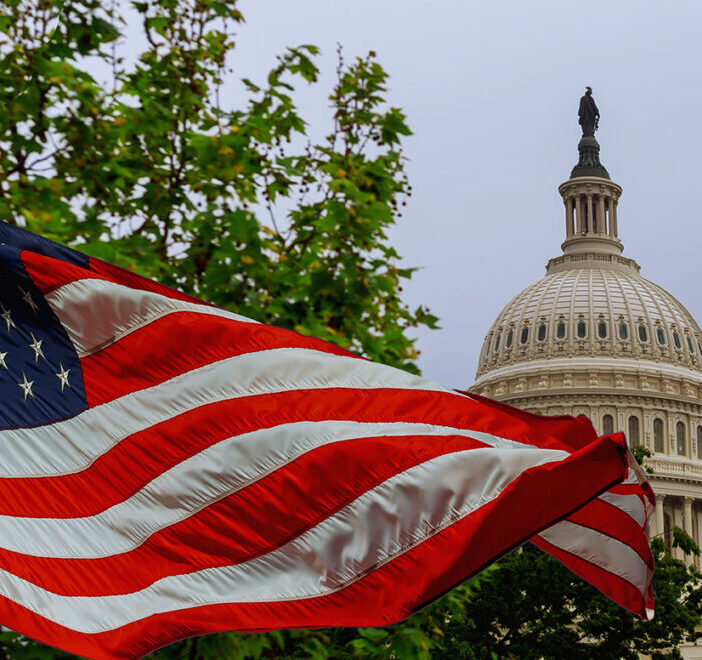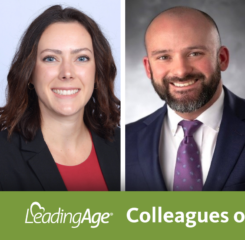Streamlining Medicaid Eligibility and Enrollment Notice of Proposed Rule
Current Medicaid enrollment issues faced by older adults
Older adults who qualify for Medicaid based on being 65 or older are excluded from many of the enrollment simplifications established under the Affordable Care Act (ACA), leaving them at greater risk than other Medicaid enrollees of being denied or losing coverage due to procedural reasons, even if they meet eligibility requirements. There are also no regulations currently that ensure older adult consumers have access to an efficient and streamlined enrollment process for the Medicare Savings Programs (MSPs), through which Medicaid cover the cost of Medicare premiums and/or cost sharing for Medicare enrollees highly likely or certain to be eligible based on receipt of other program benefits (like Extra Help for Medicare Part D). As a result, millions of eligible older adults are not enrolled. A MACPAC study estimated that only about half of eligible low-income individuals enrolled in Medicare were also enrolled in Medicare Savings Programs. CMS has provided a Medicare Savings Program Eligibility Experience Journey Map highlighting that winding one’s way through the MSP application, determination, and renewal processes is a complicated and daunting process that needs to be realigned. The MSPs are essential to the health and economic well-being of those enrolled, promoting access to care and helping free up individuals’ limited income for food, housing, and other necessities.
Proposed changes specifically targeted at improving and increasing Medicaid enrollment and retention for older adults aged 65 include:
- Automatic enrollment in Medicare Savings Programs for certain individuals receiving the Social Security Administration Supplemental Security Income – a key goal for streamlining connections to care for those who need them most. Despite the potential benefits for Medicaid beneficiaries and State agencies, CMS data from 2022 indicates that over 500,000 or 16 percent of SSI recipients who are eligible to enroll in Medicare are not enrolled. CMS believes a major driver of eligible but unenrolled older adults is that many States require SSI recipients to file a separate application with the State Medicaid agency in order to be evaluated for eligibility, even though they have been determined eligible for the mandatory SSI.
- This proposed rule would automatically consider older adults for Medicare Savings Programs enrollment when they apply for low-income subsidies to help pay for Part D Medicare “Extra Help” coverage, reducing the burdens of both time and expense by eliminating the need to complete multiple applications.
- The proposed changes increase access to Medicaid by allowing individuals to project costs for HCBS eligibility in the community. The current categorical “medically needy income” eligibility regulation permits those in nursing homes and other facility settings to deduct their anticipated medical and remedial care expenses from their income. CMS proposes to amend the regulation to allow community-based individuals, under certain circumstances, to do the same for purposes of medically needy eligibility determinations because certain community-based services may be constant and predictable enough to allow States to project them with reasonable certainty.
For older adults, the proposed rule would also require states to:
- Use prepopulated renewal forms;
- Provide a minimum 90-day reconsideration period after termination for failure to return information needed to redetermine eligibility; and
- Eliminate required in-person interviews
In addition to the specific provisions shared impacting older adults, CMS is proposing changes impacting all age groups, including to limit renewals to once every 12 months, as well allowing applicants 30 days to respond to any requests for information, including ensuring a beneficiary’s returned mail does not automatically lead to coverage denials. States also must create a clear and consistent process for how beneficiaries can renew their coverage.
The proposed rule’s streamlined processes may align well with the unwinding of the PHE, according to CMS officials.
CMS is looking for comments on their proposed changes, and additional feedback on the timeline of state implementation of the rule. There will be a 60-day comment period, and comments on the notice of proposed rulemaking must be submitted to the Federal Register no later than November 7, 2022. LeadingAge will be reviewing the rule in more detail and will work with members to inform any potential comments.
For more information, review the CMS fact sheet, and to read the rule in its entirety, visit the Federal Register.

Most Recommended
November 08, 2024
 HOTMA: New Rules for Housing
HOTMA: New Rules for Housing
November 06, 2024
 Colleagues on the Move, November 6, 2024
Colleagues on the Move, November 6, 2024
November 06, 2024
 Analysis: What Does the Final CY2025 Home Health Rule Include?
Analysis: What Does the Final CY2025 Home Health Rule Include?
October 29, 2024
Katie Smith Sloan Urges Members to Build a Movement, Take Action
Recently Added
December 04, 2024
Second OIG Infection Preventionist Compliance Report Released
December 04, 2024
 Colleagues on the Move, December 4, 2024
Colleagues on the Move, December 4, 2024
November 27, 2024



